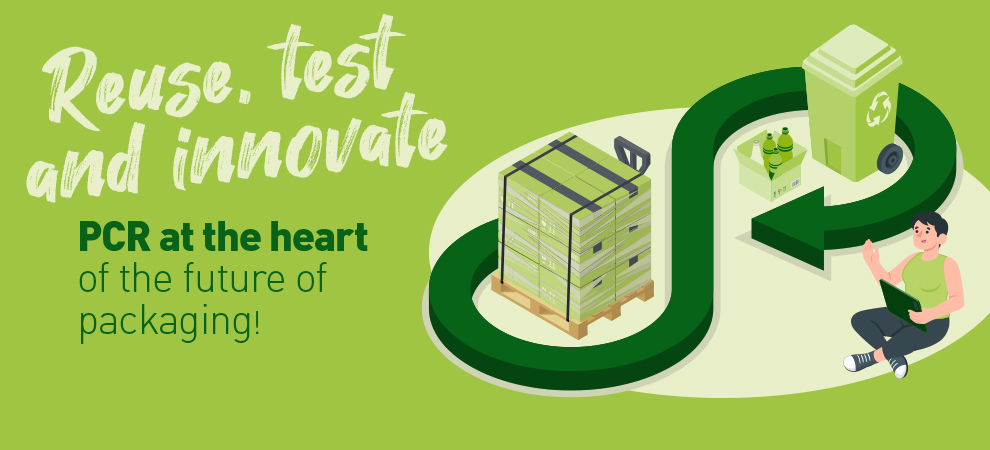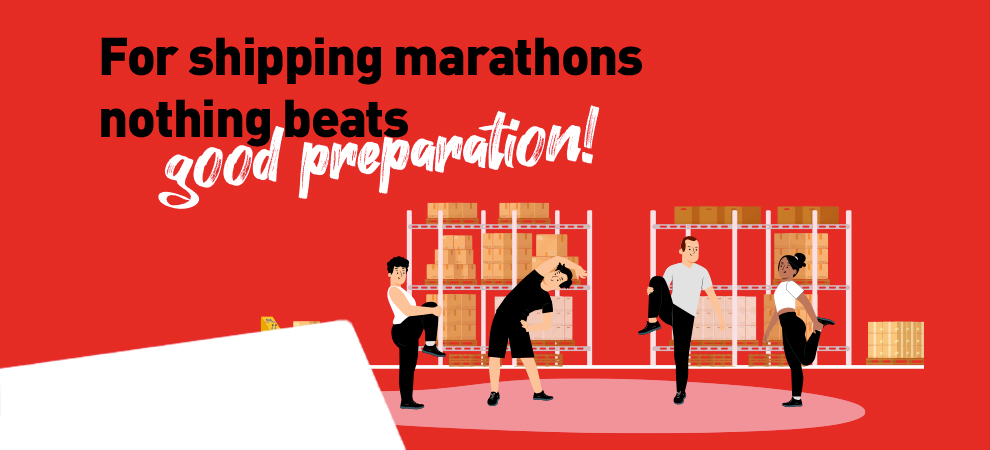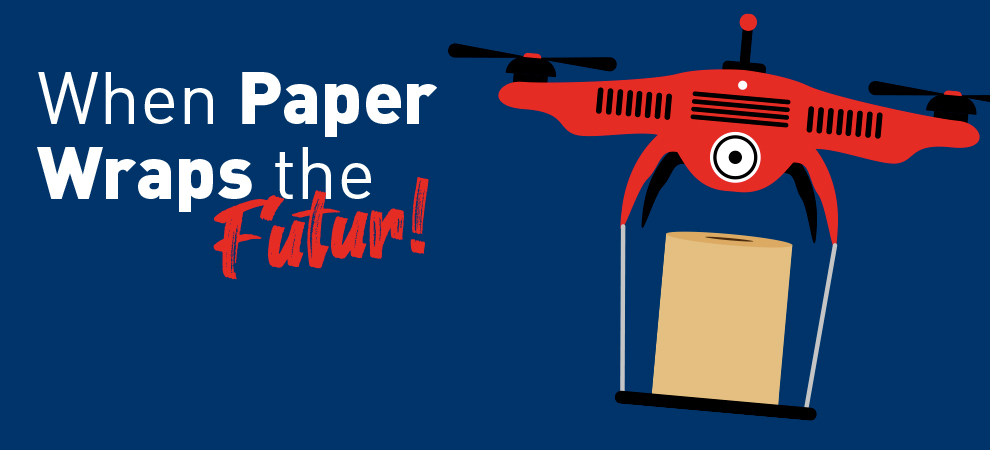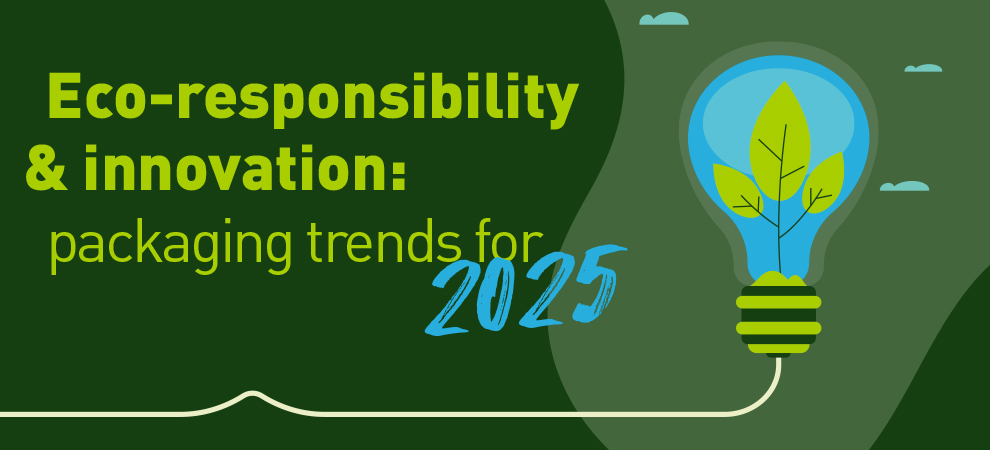
CARTIER Joins Amazon’s APASS Network: A First in Quebec’s Packaging Industry
The CARTIER laboratory tests and supplies packaging that meets the packaging performance standards of both ISTA and Amazon, the world’s biggest online retailer.
By testing their packaging at our laboratory, companies can shorten the time it takes to get their packaging certified by Amazon,” stated Rhita Amane, Marketing Coordinator at CARTIER. As a result, they can get their products onto the Amazon e-commerce platform faster. With this recognition from Amazon, we can offer our clients peace of mind.
CARTIER’s status as an APASS member means that Amazon recognizes the Quebec-based specialist in packaging optimization as a trusted partner. And for Quebec companies, this news could not come at a better time, since Amazon is set to begin charging suppliers additional fees for non-compliant packaging.
Amazon handles a staggering number of packages every day, explained Amane. At the moment, the corporation has to repackage improperly packaged products, which affects overall costs and isn’t environmentally friendly. The customer experience also suffers as a result!
To maintain its fast delivery standards and ensure that packages arrive safe and sound, Amazon has implemented a program based on financial incentives and penalties:
- Until July 31, 2019, Amazon is offering a credit of US$1.00 per unit to suppliers that get their articles certified to Frustration-Free Packaging program requirements.
- Effective August 1, 2019, the e-commerce giant will then begin charging suppliers a penalty of US$1.99 per unit for non-certified packages.
Failure to comply with Amazon standards will consequently generate real impact and a potentially significant financial burden for companies that delay in complying.
Companies that sell their products online can rely on CARTIER’s laboratory to conduct tests to confirm that their packaging complies with Amazon’s extensive requirements. Testing consequently helps them avoid paying the fees charged by Amazon and maintain their bottom line while also ensuring that their customers have a positive shopping experience.
Complying with Amazon standards also demonstrates that a company is taking measures to reduce its packaging and, by extension, its environmental footprint.
Certification to confirm packaging compliance
By using CARTIER’s services, companies know that their packaging will be tested in an Amazon-recognized laboratory.
To gain admission to the APASS network, CARTIER sent engineer Jean-Simon Poirier, project manager at the CARTIER Laboratory, to Seattle to complete training on Amazon’s three-tiered certification program. CARTIER is equipped to test and certify packaging for each of these tiers:
- Frustration-Free Packaging (FFP) — Packaging that is made of 100% recyclable materials, easy to open and designed to ship products in their original packaging
- Ships in Own Container (SIOC) — Ready-to-ship packaging that complies with the ISTA 6–Amazon.com–SIOC standard
- Prep-Free Packaging (PFP) — Packaging that must be placed in an Amazon box for shipping in compliance with ISTA 6–Amazon Overboxing guidelines
The company also purchased new, specialized equipment for its laboratory to conduct all required tests, including:
- ISTA 6–Amazon.com Overboxing
- ISTA 6–Amazon.com–SIOC types A-H.
If a package fails a test, CARTIER is the only company in Quebec equipped to optimize the packaging, added Amane.
Only three companies across Canada have joined APASS to date, with CARTIER being the only one dedicated to the packaging industry.








